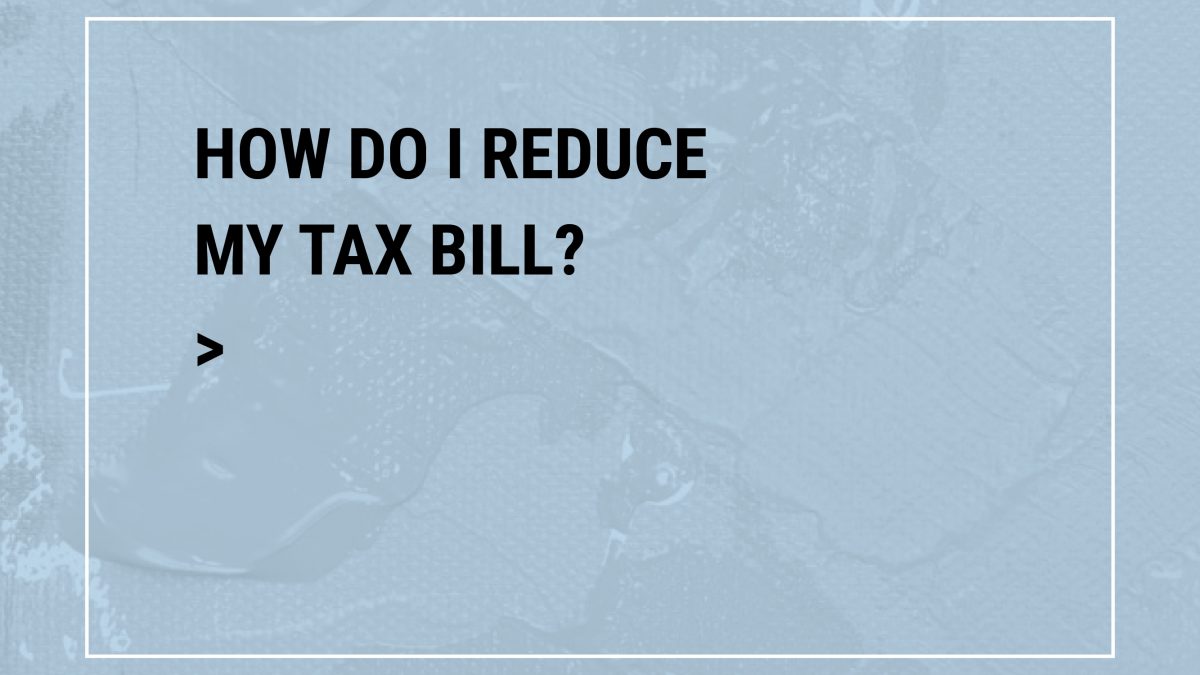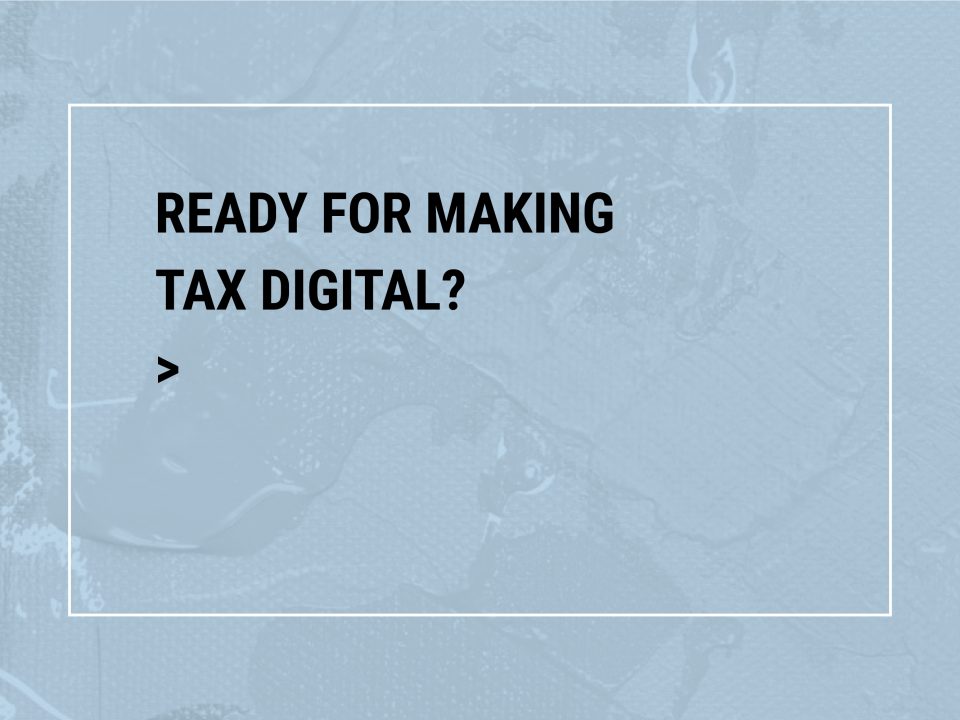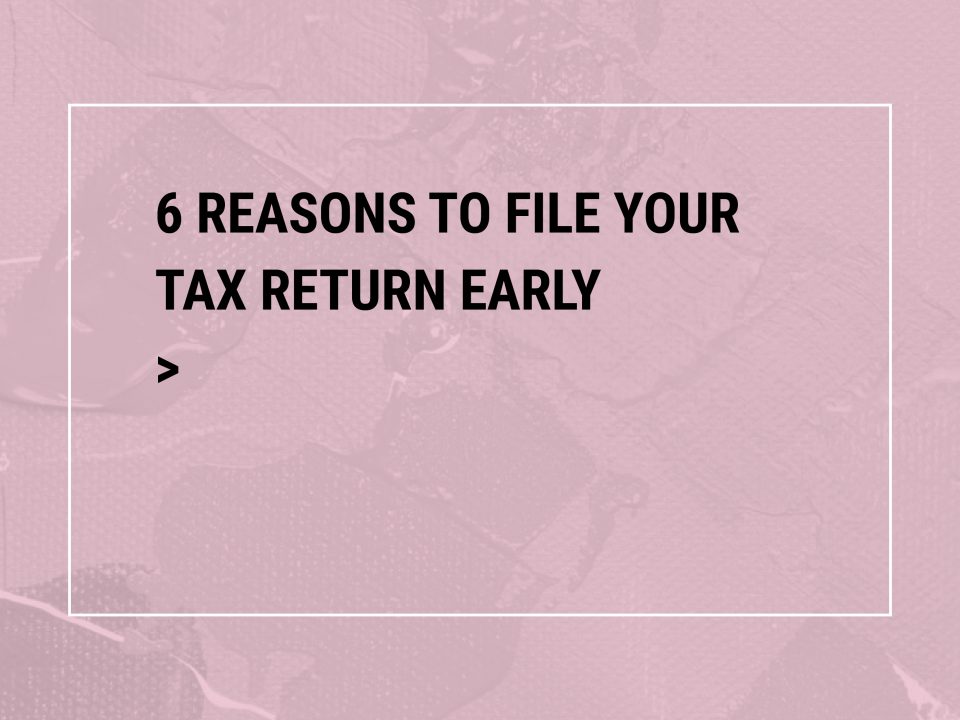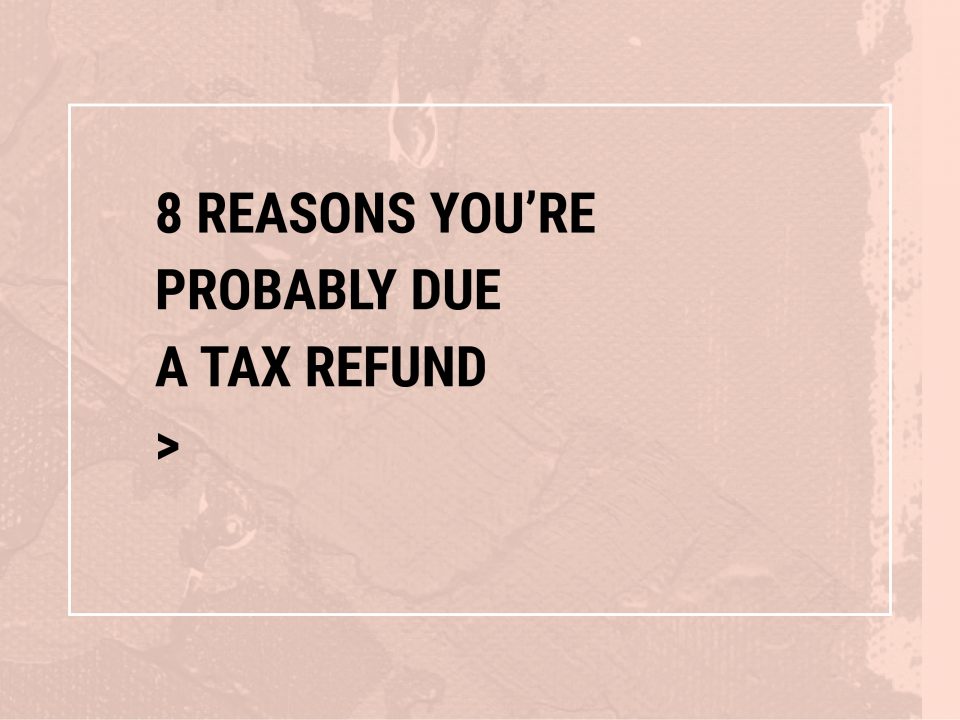
How do I reduce my tax bill?
6 ways to cut the tax you pay. We bet number 4 is a new one on you…
“If you drive a car, I'll tax the street
If you try to sit, I'll tax your seat
If you get too cold, I'll tax the heat
If you take a walk, I'll tax your feet”
If you run your own business, George Harrison’s lyrics can feel less like a rock song and more like a warning. Tax is a bit like visiting the dentist: it’s necessary but no one enjoys it. It can also be bewilderingly complicated. Even Albert Einstein once declared “The hardest thing in the world to understand is income tax.”
Which goes a long way to explaining why so many people miss out on the often simple ways they can reduce their tax bill. So if you feel as though your every move is taxed, follow these easy (and entirely legal and above board) ways to pay less.
1. Claim your expenses
Self-employed? There are lots of expenses that you could and probably should be claiming, but lots of people miss out on them. You can find a complete list of allowable expenses here, but highlights include:
- Staff wages or subcontractor costs
- Stock
- Running costs – heat, light, business rates
- Office costs – even if you work from home, you may still be able to claim a portion of your rent or mortgage
- Travel – rail, car, petrol, parking
- Marketing costs – the costs for your website, printing, ads etc? They’re all deductible
- Training
- Uniforms
2. Go limited
When you’re self-employed you get your personal tax free allowance, then everything is taxed at 20% (unless you earn enough to pay a higher rate), plus National Insurance.
Become a limited company and you pay 19% on your company profits, get a further £2,000 in tax-free dividends and you don’t pay NI on dividends either.
The savings can really stack up. To find out whether becoming a limited company is right for you, check this post.
3. Pay into a pension
No form of saving is as tax efficient as a pension says the Institute for Fiscal Studies. If you run your own business it’s not always easy to save, but it really is worth trying to put something aside each month because it can benefit you in a range of ways:
- If you run a limited company, pension payments are an allowable business expense, so whatever you save you can deduct from your company’s tax bill or personal earnings
- If you’re a sole trader, you can’t claim the payments as an expense but you do get tax relief on your contributions. So every time you save £80, the government effectively tops it up to £100
- Pension investments grow free from any additional tax
Pensions can be fiddly. There are limits to the amount you can save tax free and the rules apply differently to corporations, directors and sole traders, and depending on whether you take a salary or dividends.
For guidance on the right way to save for your retirement whilst saving on your tax bill, let’s have a chat.
4. Give a gift
Not very well known this one, but if you have staff you can give them the occasional gift worth up to £50 tax free. It’s known as a ‘trivial benefit’ but its benefit can add up if you have a growing team and you want to give them a Christmas present, treat them to a meal out or wish them a happy birthday. There are a few important caveats:
- You can’t just give them cash (gift vouchers are fine)
- The award can’t be linked to performance
- Their contract mustn’t entitle them to the gift (otherwise it’s not really a gift)
- The gift must not amount to a penny more than £50 per person, otherwise none of it will be allowable
5. Trade your tax with the marriage allowance
Not so long ago, one of the biggest tax frustrations was paying a pile of income tax when your partner didn’t even earn enough to exhaust their personal allowance. Thankfully, when marriage allowance was introduced in 2015 it finally went some way to fixing things, enabling the person who doesn’t pay tax to give a proportion of their unused allowance to the partner who does.
Currently, you can transfer any unused allowance up to a maximum of £1,250 provided you meet the criteria:
- You must be married or in a civil partnership
- The high wage earner must be paying basic rate tax (20%) not high rate
- The low wage earner must be paying no tax and have at least some of their personal allowance left.
Transfer the maximum £1,250 allowance and you’ll save £250 in real terms.
6. Ensure your tax return is on time
Ok, so technically this doesn’t affect the amount of tax you pay but it does help you avoid a costly fine. Miss the tax return deadline by as little as a day and you’ll owe £100, even if you don’t owe any tax!
Reducing the amount of tax you pay really can be easy. It’s even easier when you’ve got someone on your side to help. Switch your accounting to The Tax Farm, and start keeping more of the money you earn.



